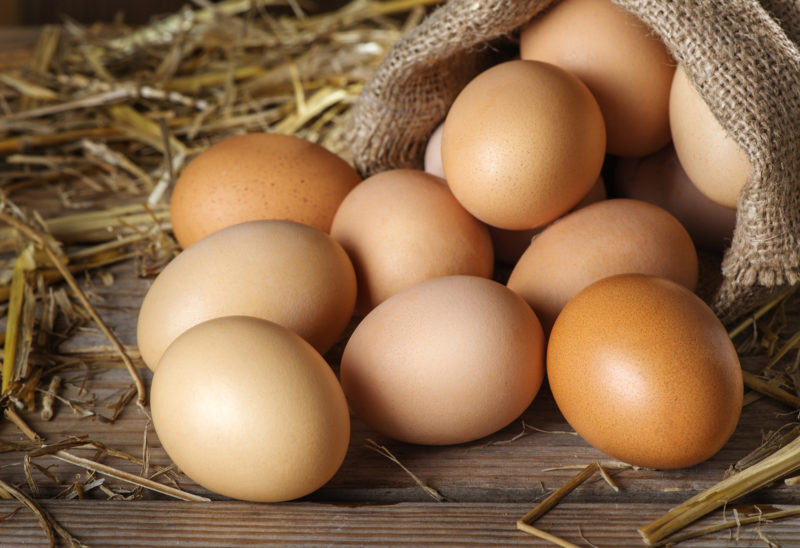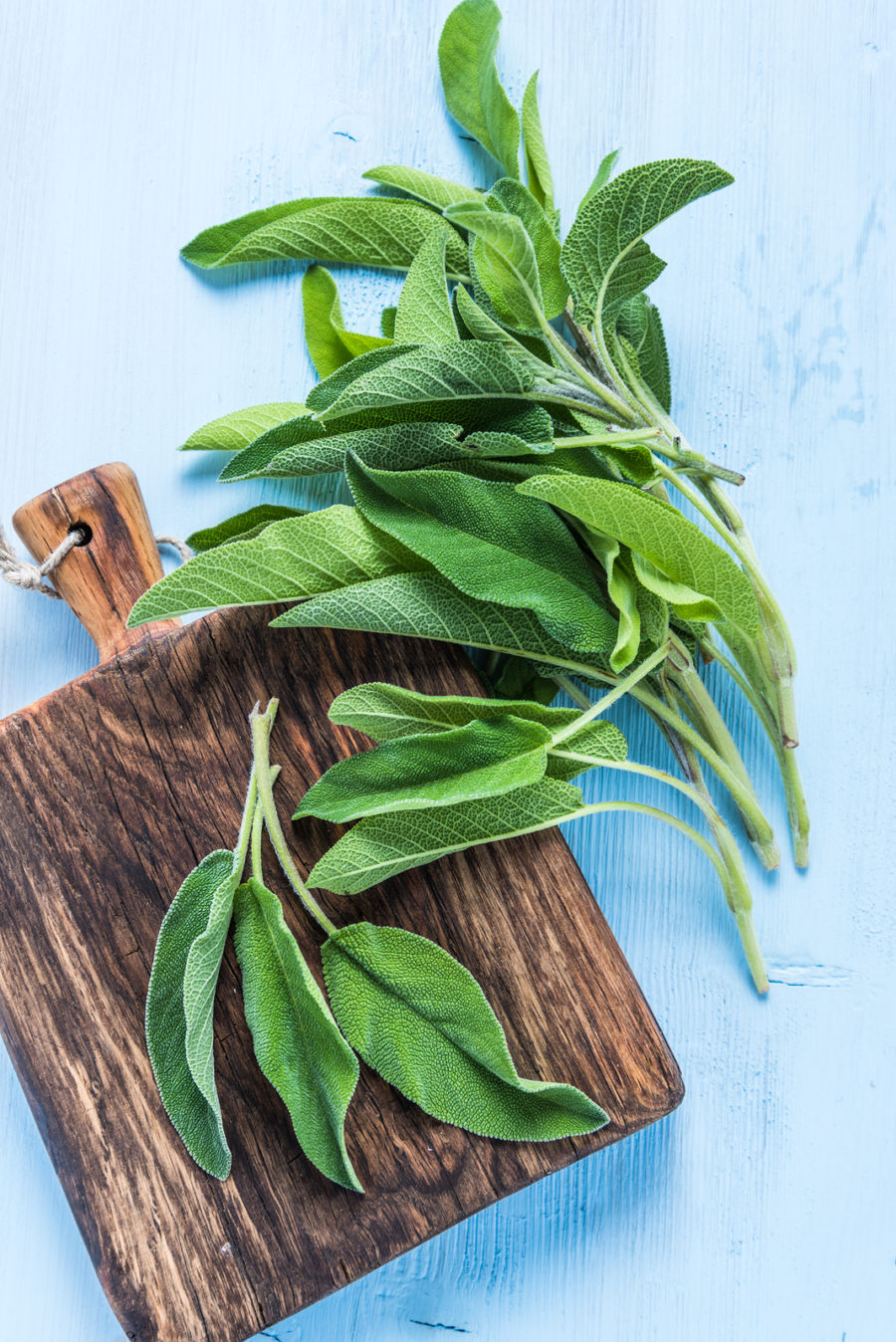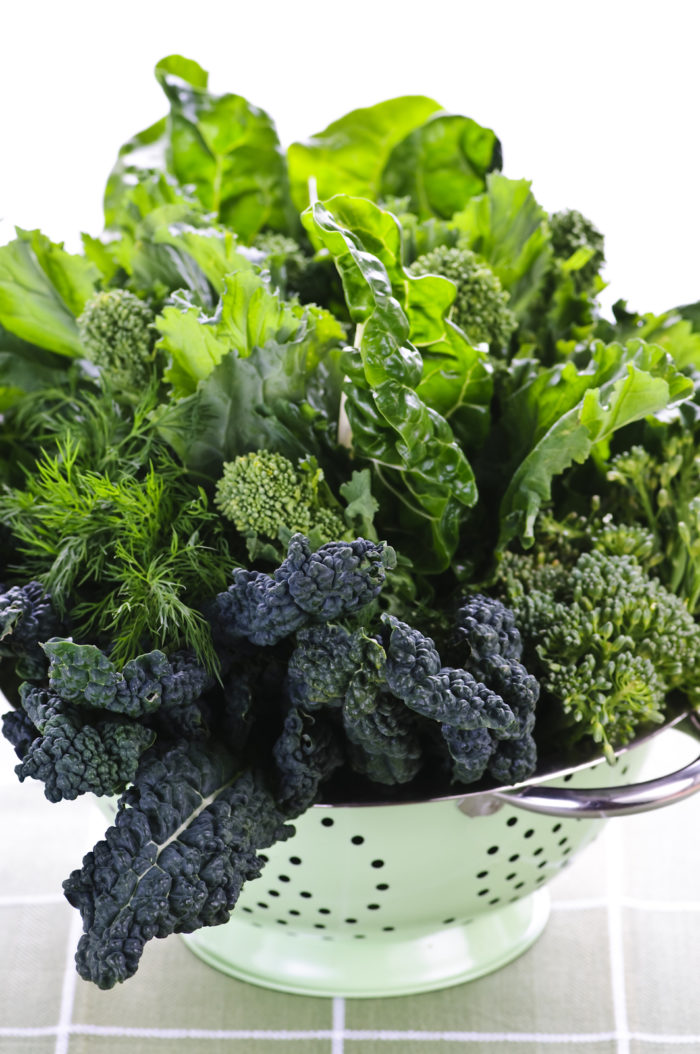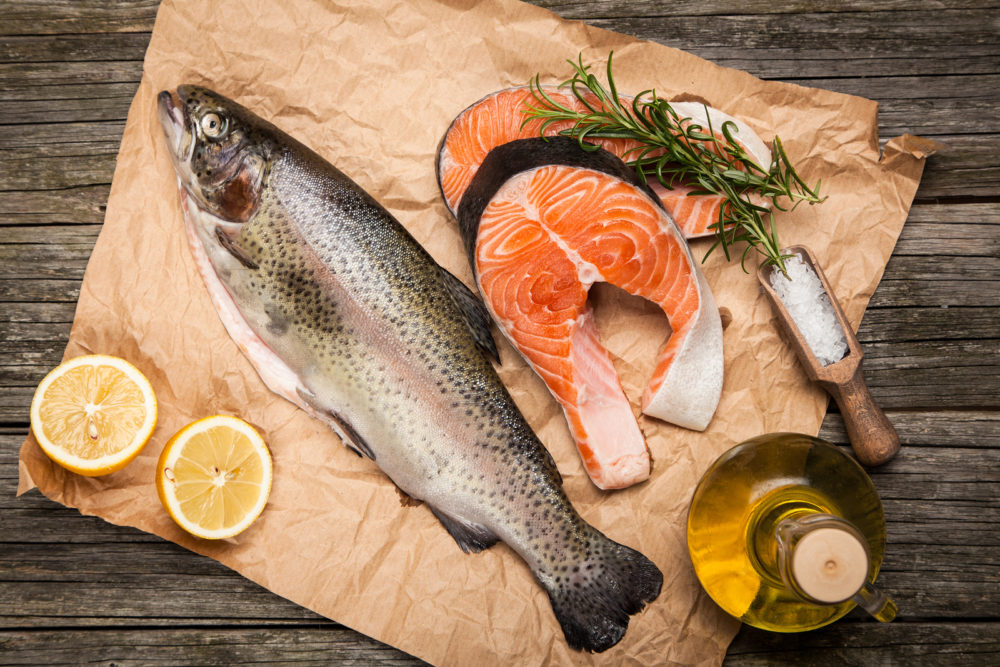It’s easy to incorporate more of these 8 foods and nutrients that can help to provide that extra mental edge, says Karla Luna, RD, LD, Clinical Dietitian, Baylor Scott & White Medical Center – Round Rock:
 1. Eggs: The egg, especially the yolk, is one of the top food sources of choline. Choline is one of the building blocks for acetylcholine, a neurotransmitter that plays a key role in our “working memory”– our ability to store short-term information, like those three things we needed to pick up from the store, or where we put our wallet. Go to the local farmer’s market and get the best quality eggs.
1. Eggs: The egg, especially the yolk, is one of the top food sources of choline. Choline is one of the building blocks for acetylcholine, a neurotransmitter that plays a key role in our “working memory”– our ability to store short-term information, like those three things we needed to pick up from the store, or where we put our wallet. Go to the local farmer’s market and get the best quality eggs.
2. Green tea: Drinking caffeinated green tea throughout the day can boost mental performance, improving such things as attention span and reaction time. In addition to the caffeine, green tea also contains other compounds like thiamine that can affect different areas of our brains. Aim for at least one cup or two of hot or iced green tea per day, though some of the studies showing the brain benefits of green tea have used the equivalent of six or more cups daily. And ideally, stick with freshly brewed tea because bottled varieties often contain less real tea. If you’re sensitive to the caffeine, try to have your last cup by early afternoon so it doesn’t interfere with sleep patterns.
3. Berries: Antioxidant-rich berries like blueberries, blackberries, and strawberries have been shown to improve memory and our ability to learn. The nutrients in berries are linked to enhanced learning, thinking and memory. And fresh and frozen berries are equally nutritious, making it easy and affordable to add them in year-round. Incorporate berries into breakfast and snacks by pairing them with oatmeal, whole grain cereal, protein smoothies, low-sugar Greek yogurt, or cottage cheese. Add them to lunch and dinner by sprinkling berries over a salad, or enjoy them as a post-meal sweet treat. Another good one to look for at your Farmer’s Market.
4. Fish oil: Salmon, tuna or sardines are loaded with docosahexaenoic acid (DHA), a type of omega-3 fat that is essential for brain development and function, and may help to slow down the process of brain aging as we get older. While good for you, plant-based omega-3 rich foods do not provide the same benefits as fish because they don’t have the same high levels of DHA. So, if oily fish isn’t a regular part of your diet, consider supplementing with fish oil or vegan DHA.

5. Sage: The sage plant contains compounds that prevent the breakdown of acetylcholine, a neurotransmitter involved in learning and memory. Supplementing with a dose of 333 mg of sage has been shown to improve accuracy and memory. Incorporate sage as a supplement, always check with your physician or pharmacist first to ensure that there are no interactions with medications, or use this flavorful herb in your favorite dishes. It pairs well with poultry, lean beef, and lentil- and legume-based dishes.
6. Turmeric: The bright, yellow spice, popular in Caribbean and Indian cuisine, is rich in curcumin, which has anti-inflammatory properties. It’s been shown to improve short-term memory, as well as problem-solving and reasoning skills. Like sage, turmeric can be incorporated as part of a supplement regime, and can also be used in cooking. Try adding it to grilled chicken, roasted vegetables, or a pot of beans or lentils.

7. Leafy greens: Researchers have found that women who ate the most green leafy vegetables, think spinach and kale, have a slower rate of mental decline than women who ate the least. Just one more reason to trade out the pasta, rice, or potatoes with a meal, in favor of wilted spinach or a side salad.
8. Protein-rich foods: Last but certainly not least, be sure to include protein-rich foods every few hours throughout the day. Foods high in protein have been shown to improve overall cognitive performance, especially when compared to a sugary or carb-heavy food or drink. Protein can help us concentrate better by helping to stabilize blood sugar levels, and helping us feel fuller, longer. In addition to the usual lean meat, fish, and skinless poultry at meals, reach for protein-based snacks like a few slices of turkey, snack-size cheese, a hard-boiled egg, jerky, made with no added nitrites, or higher-protein lower-sugar bars, such as Kind + Protein or Quest bars.
For more information visit Baylor Scott & White.







Recent Comments